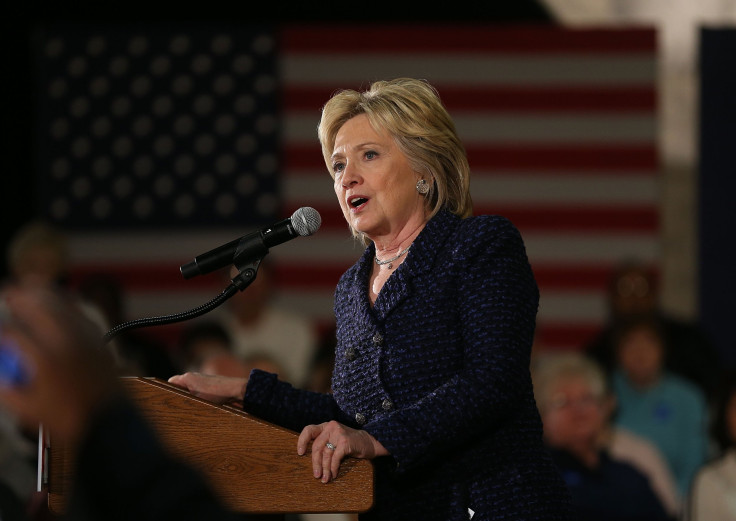Clinton Regrets Going Easy On Sanders

As the Democratic presidential-nomination race closes in on the Iowa caucuses, former U.S. Secretary of State Hillary Clinton is beginning to feel like its hare, rather than its tortoise, and both she and her husband are ruing their decision not to attack her strongest rival, Sen. Bernie Sanders of Vermont, according a report in the New York Times.
Clinton advisers and allies told the Times, on condition of anonymity, that the candidate and her husband are so alarmed by the momentum Sanders has gathered that they are questioning their data and polling teams’ voter-turnout models and analysis, wondering whether the support they’re counting on will really show up in Iowa Feb. 1.
“If Mrs. Clinton loses Iowa and New Hampshire, that could create new and real problems for her here,” said U.S. Rep. Jim E. Clyburn, who will host both candidates ahead of the primary in his home state of South Carolina late next month.
After enjoying almost two years as the front-runner in the Democratic nomination race, Clinton now finds herself neck and neck with Sanders in Iowa. Quinnipiac University Poll results released Tuesday indicated 49 percent of likely caucus-goers support Sanders, while 44 percent support Clinton.
Meanwhile, the RealClearPolitics average of all national polls suggested Clinton, with 48.3 percent support, continued to lead Sanders, with 39.7 percent support. But the reality in either case is that Clinton’s lead, which many observers believed would be insurmountable, has essentially vanished. Most troubling to Clinton supporters is that it has disappeared more quickly than the lead she held over then-U.S. Sen. Barack Obama when the two of them squared off in 2008.
In addition to her problems in Iowa, polls have found her in second place in New Hampshire, a state that borders Sanders’ home turf, Vermont.
With the Iowa caucuses a couple of weeks away, there are few levers Clinton’s campaign can pull to slow Sanders down. For example, public attacks on his plan for a single-payer healthcare system appear to have had little effect.
During the Democratic presidential candidates’ debate last month, Clinton’s attempts to hammer his position on gun rights failed to make much of a dent in viewers’ minds: Separate polls conducted by MSNBC and Slate showed their respective audiences believed Sanders won the contest over Clinton, and by wide margins.
Clinton’s change in mood may simply reflect that she is now running a race, rather than an early victory lap. The Democratic National Convention is more than six months away, and even if Clinton were to lose both in Iowa and New Hampshire, those defeats would not amount to a campaign death sentence. Her own husband lost both primaries before coming back to win the nomination and the presidency in 1992.
© Copyright IBTimes 2024. All rights reserved.





















